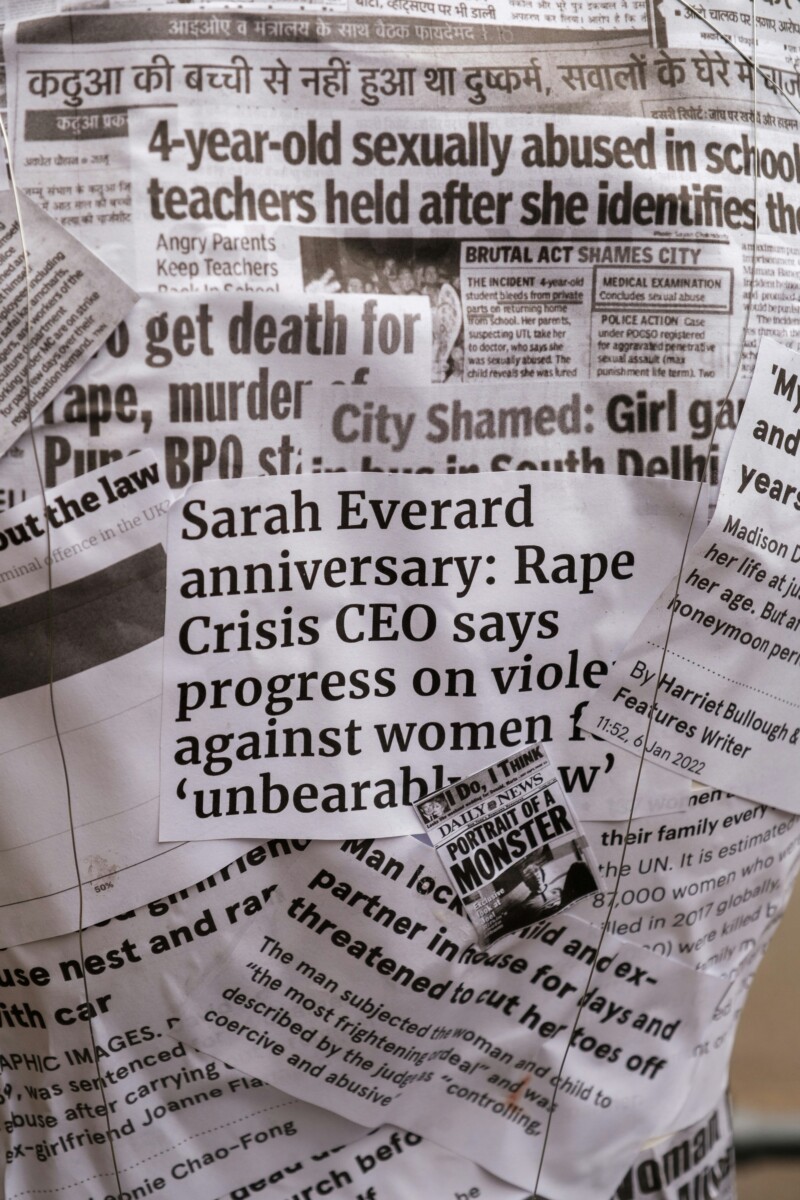Emotional Intelligence as the Foundation of Modern Leadership
Listen to the full podcast episode on YouTube, Spotify, and Apple Podcasts.
The Journey to Self-Awareness
Ryan’s reflections began with his formative experiences in sales, where he first discovered the value of connecting authentically with others. “I always wanted to leave people feeling better after interacting with me,” he shared, highlighting the foundational mindset that would later shape his approach to leadership.
Despite early career success, Ryan faced a pivotal moment at Yellow Pages.
“I spent two weeks trying to sell by the book and failing. My dad told me, ‘You’re not being yourself.’ That’s when I realised authenticity was my strength.”
This shift in perspective led Ryan to embrace emotional intelligence as a tool for building trust and fostering relationships.

Leading Through Personal Adversity
The podcast delved into how Ryan’s personal challenges shaped his leadership philosophy. Setting up Jago came at a time of immense pressure—his first child was diagnosed with kidney disease, and his second faced a severe brain injury at birth. “Normal isn’t the default,” Ryan reflected.
“These experiences taught me resilience and deepened my understanding of empathy.”
Through these trials, Ryan developed a leadership style that prioritises humanity over metrics. “It’s not about profit first—it’s about people. That’s the kind of leader I aspire to be, and it’s what I aim to cultivate in others.”
Redefining Leadership with Emotional Intelligence
At Jago, Ryan has embedded EQ into personal branding and leadership development. He described the process as one of introspection and alignment:
“You have to look inward to understand your strengths, values, and purpose. That’s the starting point for authentic leadership.”
This approach is more than philosophical. It’s deeply practical. “Consistency is key,” Ryan said. “When leaders show up the same way for everyone—whether it’s a CEO or an intern—it builds trust. Emotional intelligence helps leaders see the ripple effects of their behaviour.”
Practical Steps for Heart-Led Leadership
The conversation outlined clear strategies for leaders to incorporate emotional intelligence into their daily practices:
- Commit to Self-Discovery: Ryan emphasised the importance of understanding one’s own story. “Our experiences—good and bad—shape our leadership style. Facing them honestly is transformative.”
- Foster Empathy: Listening actively and responding thoughtfully are hallmarks of empathetic leadership. “It’s not about being agreeable but about genuinely understanding others’ perspectives.”
- Integrate Values into Decision-Making: “When leaders align their actions with their values, they build cultures that prioritise integrity and respect,” Ryan noted.
- Model Consistency: Leaders who exhibit predictable, fair behaviour create environments where trust flourishes.

The Shift Toward Purpose-Driven Leadership
While progress is slow, Ryan expressed optimism about the future of leadership. “There’s a growing appetite for leaders who lead with empathy and purpose,” he observed. However, he cautioned against surface-level adoption of these principles.
“It’s not just a branding exercise. Authenticity requires real introspection and intentionality.”
One of Jago’s most compelling success stories involves a client in the finance sector who balances a high-pressure role with mentoring aspiring professionals. “He’s proof that you can succeed commercially while staying true to your purpose,” Ryan shared. “Leaders like that inspire change not just within their organisations but across industries.”
A Better Way Forward
Ryan’s vision for the future of leadership is rooted in emotional intelligence and a commitment to purpose. “If I could change one thing about the commercial world, it would be to see more leaders prioritising empathy over profit,” he said.
“Empathetic leaders create better cultures—and better cultures shape a better society.”
This insight serves as a powerful reminder: leadership isn’t just about strategy or results. It’s about the impact leaders have on those around them. By embracing emotional intelligence, today’s leaders have an opportunity to redefine success and leave a lasting legacy.
Sponsored by...
truMRK: Communications You Can Trust
👉 Learn how truMRK helps organisations strengthen the credibility of their communications.
Want to be a guest on our show?
Contact Us.
The Responsible Edge Podcast
Queensgate House
48 Queen Street
Exeter
Devon
EX4 3SR
Recognition.
Join 2,500+ professionals.
Exploring how to build trust, lead responsibly, and grow with integrity. Get the latest episodes and exclusive insights direct to your inbox.
© 2026. The Responsible Edge Podcast. All rights reserved.
The Responsible Edge Podcast® is a registered trademark.
Sponsored by truMRK
© 2026. The Responsible Edge Podcast









